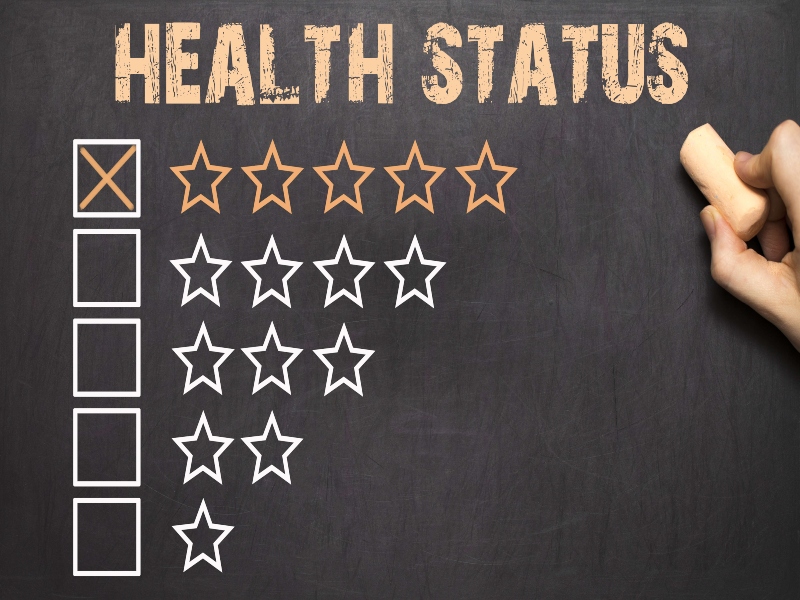Fresh Food Doesn’t Just Taste Better — It’s Better for You

16 May 2019
Fresh Food Doesn’t Just Taste Better — It’s Better for You
Think of the word “fresh.” What comes to your mind? Is it hot, smoking fajitas? Or do you imagine a vibrant orange picked straight from the tree? Perhaps it’s even a live fish that’s been plucked out of the ocean.
Regardless of the food, you probably have some high expectations when it comes to fresh. Adjectives like delicious, wholesome, nutritious, healthy, and light likely come to mind. We all know fresh tastes better — there’s not many who would opt for store-bought Wonder bread over a hot loaf straight out of the oven. Sounds like a no-brainer, right?
Yet, the benefits of fresh extend far beyond the taste. Maybe you’ve heard that fresh food is better for you, but what does that actually mean? We’ve got you covered. In this article, we’re going to dive into what fresh means and why it’s better for you. By the end, you’ll be yearning for fresh, fresh, fresh — and we’ll show you how to make it a practical part of your weekly diet.
Food Quality Declines With Time
After produce is picked or animals are killed, they begin to spoil and decompose. This not only affects the taste, but the nutritional quality begins to decline, too. The process of preparing, preserving, storing, and transporting food also causes nutrient degradation. Then, if you process that food and add it as an ingredient in some packaged good it’s gone through another level of nutrient deterioration. By the end of the process, the food’s nutritional profile is a far cry from its potential.
On the other hand, when a fruit or vegetable is picked from a plant at its peak ripeness, it contains the highest nutritional integrity possible. That’s why fresh foods deliver key vitamins and nutrients to your body better than processed foods do.
This study found local mangos contained 117% more vitamin C than imported mangos. And the flavonoid levels in local Ka’u oranges were 150% higher than out-of-state Navel oranges. Another study found similar results with imported broccoli only having half as much Vitamin C as fresh, local broccoli. Those aren’t insignificant differences!
Fresh, Local Food Is Often Safer
The more steps between you and your food’s source increase the chances for contamination. You know (mostly) where food has been when it’s locally grown: from the field, into the farmer’s hands, into the back of the truck, and then to you.
Alternatively, food grown in distant locations is at risk during harvesting, washing, shipping, and distribution. When imported, most foods are out of season and must be picked unripe. Then, they must be artificially ripened with ethylene gas. True, ethylene gas hasn’t proven to be toxic or harmful to humans, but it has proven to be combustible. That’s not to say it’s dangerous, but it is to say that it doesn’t sound very natural or good for the body.
SareFood Is All About Fresh, Fresh, Fresh
At SareFood, we don’t sacrifice flavor and nutritional quality for price and convenience. Our food is always fresh, never frozen. We believe families and communities should be empowered to embrace a healthy, nutritious lifestyle with wholesome, homestyle food without the stress of cooking it themselves. We make eating high-quality, nutritional meals easy:
- Choose from menus of nutritious food, planned and prepared with love by local chefs.
- Schedule your meals for the entire week.
- Dishes are delivered on Wednesday or Saturday each week.
- Heat up your meals.
- Enjoy fresh, tasty food.
Simple, right? Give our service a try now and enjoy fresh, chef-made meals from the comfort of your home — you’ll taste and feel the difference.
Click Here to select a chef and order from their menu